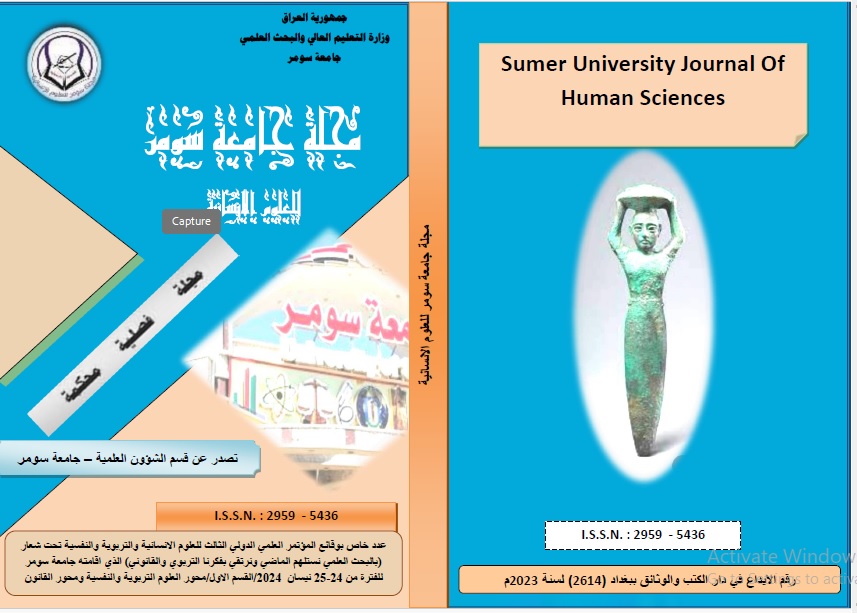Resea Anger and its Relationship to Socialization among Pre-school Orphan Children
Abstract
The aim of the current research is to identify the level of anger among pre-school orphan children and the methods of socialization, as well as the correlation between anger and the methods of socialization of pre-school orphan children. In order to achieve the objectives of the current research, the researcher prepared two scales of anger and socialization methods based on the frameworks. The theory and previous standards, as the number of items in the anger scale in its final form was (20) items, while the socialization styles scale consists of six styles: (neglect, assertive, domineering, lenient, democratic, and oscillating). Each style consists of (5) items except The first method, neglect, consists of (6) items. Its psychometric properties have been confirmed, and the administration was applied to a purposive sample consisting of (150) orphans who were randomly selected intentionally from government kindergartens next to Al-Karkh and Al-Rusafa for the General Directorate of Education in Baghdad for the academic year 2022-2023.
In light of the objectives of the current research, the following results were reached:
1-The current research sample of orphan children has high anger
2-The five methods (firm, domineering, lenient, democratic, and oscillating) were all used to care for the orphan to varying degrees, except for the neglect method, which was the method most used by the educator.
3-There is a direct relationship between (anger) and each of the styles (neglect, assertive, domineering, lenient, and vacillating), but it appeared insignificant with the democratic style at a significance level of (0.05).
In light of the results, the researcher developed a set of recommendations and proposals.


